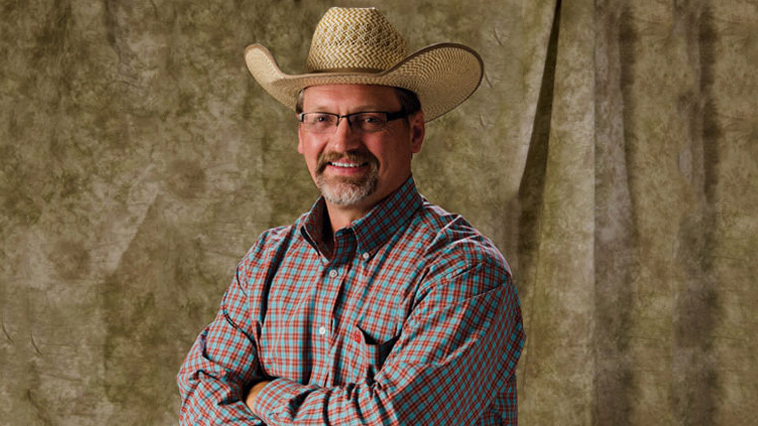


By Billy Smith
Buried deep in the ticking that held what was left of dozens of rightly plucked geese, I discovered the Sackett family and noted author Louie L’Amour. My grandmother’s goose-down mattress was a billowing island stuffed in the back of a 1940s-era interior closet. Just outside the door rested a small, non-descript bookshelf with all 89 of the master’s works, including the 15 or so that chronicled the Sacketts’ lives.
The feather mattress was the perfect theatre to meet the Sacketts, L’Amour’s mythical family rooted in the “fight-one, fight-all” ethos that seemed to grab at families who homesteaded the desolate places of the earth 150 years ago.
The Sackett family gave a 10-year-old boy the answers to the most compelling scientific question about the origin of cowboys. Louie was the first to tear down the romanticized cowboy ideal and reconstruct them instead as mostly European immigrants fleeing an unenviable life for the chance to take a shot at the wonders of a new world.
For a youngster who was short on confidence, William Tell Sackett, or “Tell” as he was called, was a man among myths. He was the perfect role model for men and organizations alike: quiet, strong and handy should a fight break out. My reverence for Tell Sackett left me perplexed to understand why my parents chose “Billy” when they could have selected “Tell.”
Tell left me with a handful of guiding principles that I’ve pondered most of my life and took a stab at emulating with various degrees of success:
• Be quiet—even if you’re pushed, bullied and harassed.
• If you have to strike, strike hard.
• Work hard at anything that’s honorable.
• Only ride on the side of the law.
I identified with Tell mostly because I identified with his Pa. His Pa sounded a lot like mine, and that truth was never more clearly painted than when Tell explained the virtues and responsibilities of gun ownership. In schooling his younger kin, Tell reminded them that “if he ever caught any of us playing fancy with a gun, he’d have our hide off with a bullwhip.” It was a chilling reminder of my own father’s sentiment. Everyone ought to be able to use a gun while never forgetting they’re serious business.
Were Tell less than mythical and living today, I suspect he wouldn’t have much use for the often-cowardly way our generations use devices like social media to spout caustic venom. “Folks who live sheltered or quiet lives away from violent men have no idea how they have to be dealt with. And I never was one to stand around and talk mean … if there’s fighting to be done, the best thing is have at it and get it over with.” Somehow, some of the hateful speech that seems to make its way through our culture is, in many ways, more diabolical and certainly less honorable than physical violence.
Tell’s sensibilities are even more clear in Mojave Crossing, where he takes a stash of gold to Southern California. Along the way, he picks up Dorinda, a woman who needs escort west; it’s in his conversations with her that more wisdom wafts forth. Perhaps the most poignant gesture of wisdom from Tell comes in the describing of good versus evil in his own confrontation. “When somebody … comes at you in anger, he borrows grief.” Tucked away in the ticking and goose down, I formed a respect for my own father, who could certainly find his way to anger, but only rarely. He worked hard to avoid “borrowing grief.” That’s when Tell Sackett became more than a fictional character. He became my dad.
SHARE THIS